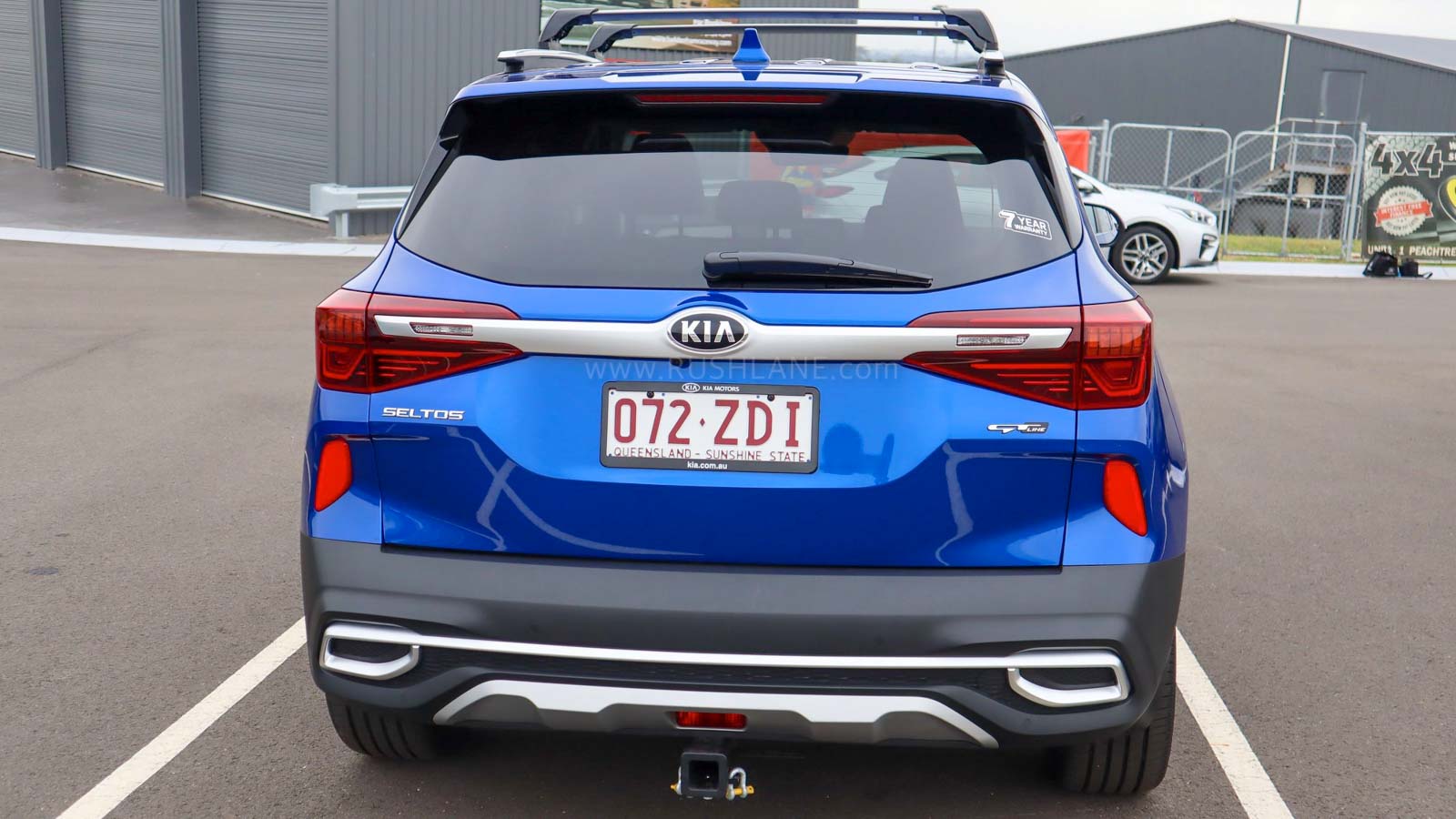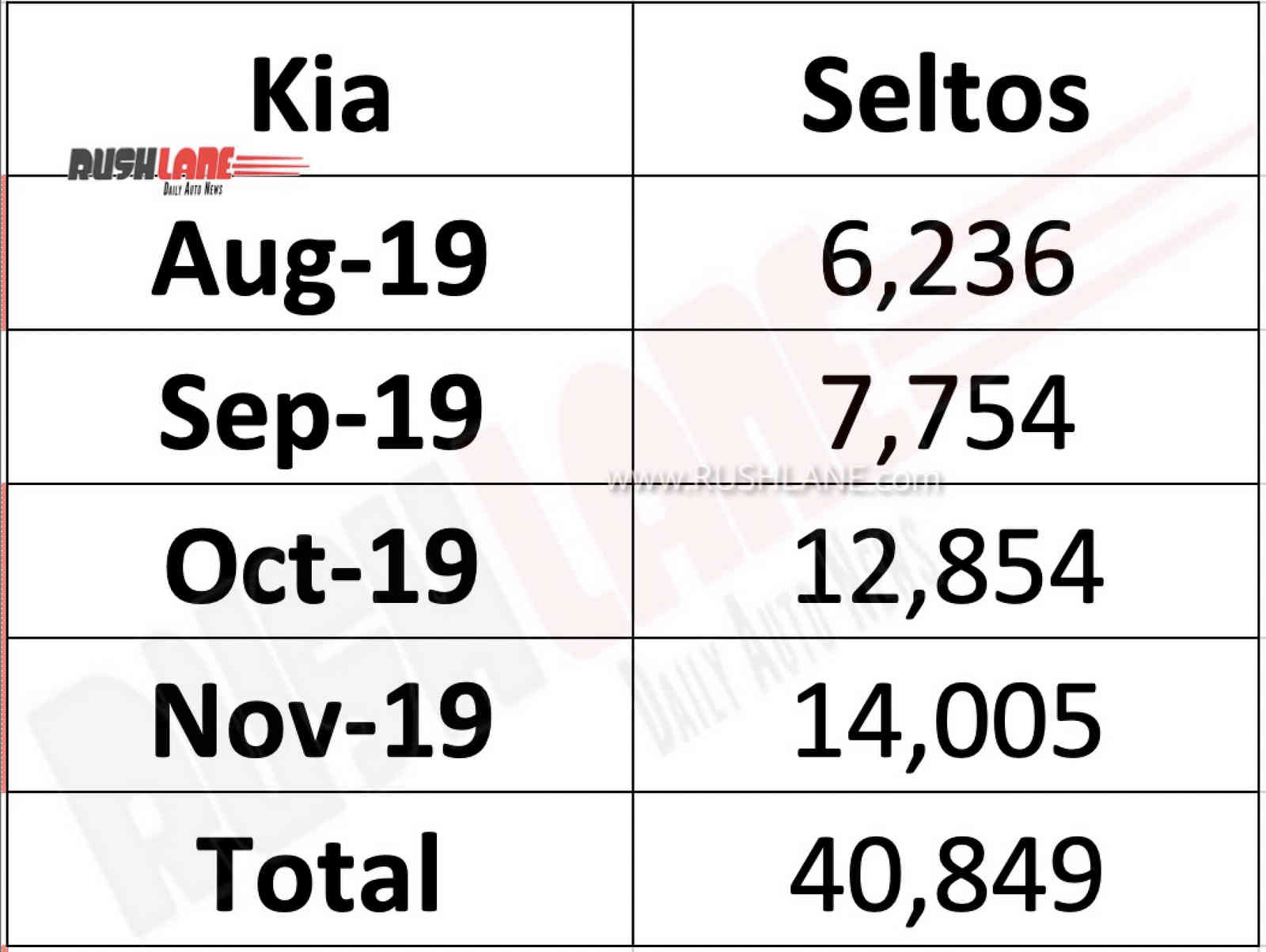
The Kia Seltos is arguably the best new four-wheeler the year has seen so far. The mid-size SUV (technically, a compact crossover) ticks almost all boxes when it comes to looks, desirability, affordability (for its segment), equipment and performance. The South Korean brand has made an impressive debut in the country with its first product and there is many more to come. Now, reports state that Kia Motors is working on an all-electric variant of the Seltos.
If you are an EV fan from India, it is best not to get too excited about this piece of information since the Kia Seltos EV is still in its early stages of planning. India has never been a major market for electric vehicles as a desirable alternative to a regular petrol or diesel example.
However, there are a few exceptions such as the Hyundai Kona and considering the regular Seltos’s immense success, we cannot entirely rule out the possibility of a Kia Seltos EV launch in India.

The Seltos EV (internal codename: SP2 EV) will see its first light sometime in 2020, exclusively in Asian markets. Production will be limited to less than 10,000 units for the first year and for the entire world. The company plans to increase the supply later on, in accordance with the demand.
The Kia Seltos EV will most likely employ the same electric powertrain as the Hyundai Kona; a 204bhp motor coupled to a 64kWh battery pack. One can expect a range of at least 350km on a full charge since the Kona has close to 400km as a company-claimed figure. In certain global markets, Kia Motors has already got the Soul EV and Niro EV under its belt.
Coming to the regular Seltos, the five-seater SUV was launched back in August 2019 at a starting price of Rs 9.69 lakh ex-showroom. Available in an impressive (and slightly confusing) 18-variant portfolio (more than 20, if you take into account the dual-tone options) under two styling packs: Tech Line and GT Line; the Kia Seltos comes with two petrol engines, one diesel engine and four transmissions to choose from. In other words, Kia Motors has attended to the needs of every kind of Indian buyer coming in that price bracket.
Starting with the 1.5-litre NA petrol engine, the 115bhp/144Nm motor comes mated to either a 6-speed manual or a CVT unit. The 1.5-litre diesel engine, on the other hand, makes 115bhp and 250Nm while coupled to either a 6-speed manual or 7-speed torque convertor automatic. Finally, the 1.4-litre turbo petrol engine, mated to either a 6-speed manual or 7-speed DCT, is good for 140bhp and 242Nm of torque.

